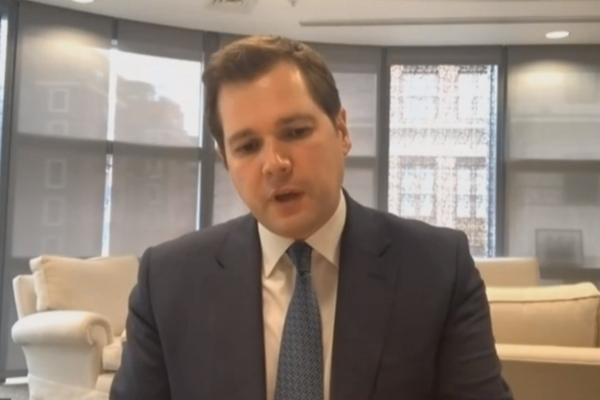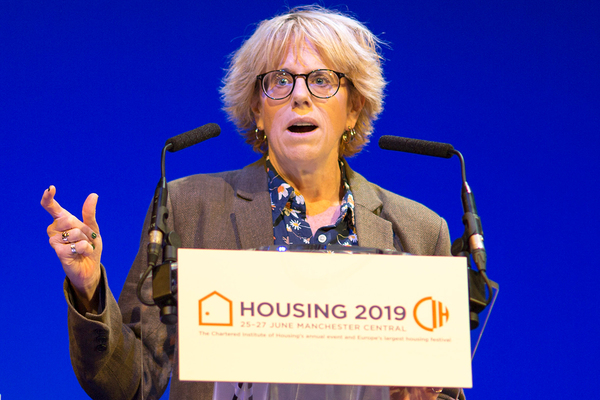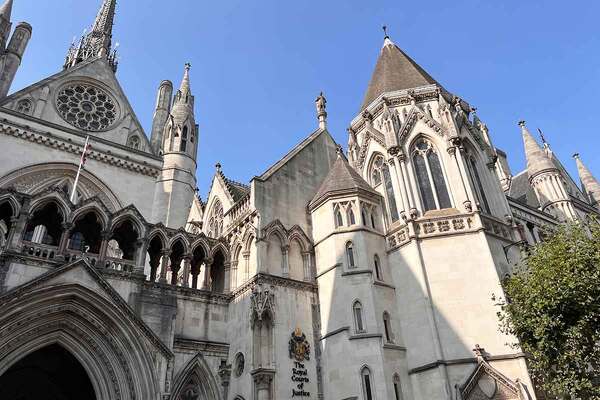You are viewing 1 of your 1 free articles
Legal challenge to override government’s eviction ban dismissed by Court of Appeal
A challenge to the legality of the government’s decision to pause all possession proceedings during the coronavirus pandemic has been dismissed by the Court of Appeal.
The eviction ban, which was brought into force on the 26 March, was challenged by Mehmet Arkin, who had launched possession proceedings before the eviction ban was implemented but had seen the process delayed after the proceedings were paused in the county court.
The eviction ban suspends all ongoing housing possession action for a 90-day period until 25 June.
Mr Arkin argued that the judge was wrong to find that the eviction ban applied to all proceedings, particularly those that were significantly advanced, and he was wrong to decide that the court had no power to lift the stay.
However, Sir Geoffrey Vos, chancellor of the High Court, ruled the decision by the judge was lawful and that the appeal must be dismissed, with the eviction ban remaining in place.
Mr Arkin was appointed as a receiver of three cottages after the mortgage holder on the properties, Gary Marshall, was found in arrears and breached other terms of the mortgage agreement. Possession proceedings were started last September against Mr Marshall and wife Kim.
Earlier this year, the proceedings were allocated to Judge Parfitt of the Central London County Court on the 27 March, a day after the eviction ban came into force.
Dates for procedural steps for the possession proceedings in the case were set by Judge Parfitt.
However, the respondents took the view that the eviction ban discharged them from their obligations to take any of the steps laid out in the proceedings within the 90-day period the ban is in place for.
Mr Arkin did not accept that any stay of proceedings should be applied and contended that if it did, the stay should be lifted in his case.
On the 15 April, Judge Parfitt ruled that the proceedings had to be stayed while the eviction ban was in place and said that he had no power to lift the stay.
Mr Arkin appealed the decision on the grounds that due to the directions being agreed before the ban came into force, the judge should have lifted the stay. He also argued that the ban was unlawful when assessed alongside the Coronavirus Act 2020 and was inconsistent with the European Convention on Human Rights or the principle of access to justice.
The judge dismissed these arguments, stating that the claim the eviction ban was unlawful was “untenable” as the Coronavirus Act was a substantive change to the law while the eviction ban was temporary stay to protect and manage county court capacity. And added that there was no conflict between them and made separate and different provisions.
The judge also said the stay simply meant that neither party will be able to apply to the court to enforce compliance while it is in place, and that if either party fails to do what it agreed to do during the period of the pause, the other party will be able to rely on that circumstance once the stay is lifted.
Judge Vos added that while judges do retain a theoretical power to lift any stay, it would almost always be wrong in principle to use it.
The pause on possession proceedings is due to end on 25 June 2020, but the Court of Appeal suggested that this period could be extended.
“It was not suggested that the pandemic was likely to have concluded by 25 June 2020, which is the last day of the 90-day period of stay imposed… In those circumstances, it may reasonably be assumed that the intention was to assess future modifications that might need to be made to the Civil Procedure Rules during an epidemic that might last months or even years," Judge Vos said.
The Housing Law Practitioners Association (HLPA), which intervened in the case, said: “HLPA welcomes the judgement which is clear an unequivocal.
“Our members provided vital evidence of the difficulty we and our clients would have faced in meeting not only case management directions but also the many applications for the stay to be lifted that may have followed, absent the clear judgement of the Court of Appeal.
“We therefore welcome the fact that following this judgement, our clients and our members can be confident that we retain the proper protection of Practice Direction 51Z and applications to lift the stay, based on the individual facts of the case, are unlikely to succeed.”











